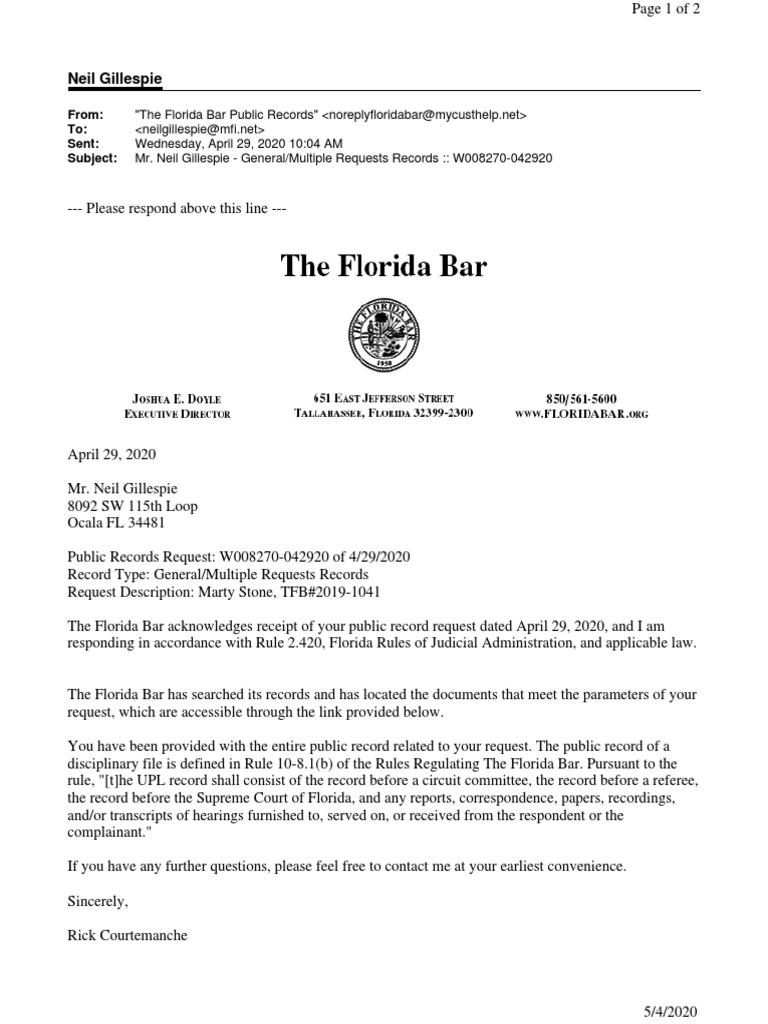Methodology of the DCCSS later fatigue study: a model to
Por um escritor misterioso
Last updated 16 março 2025
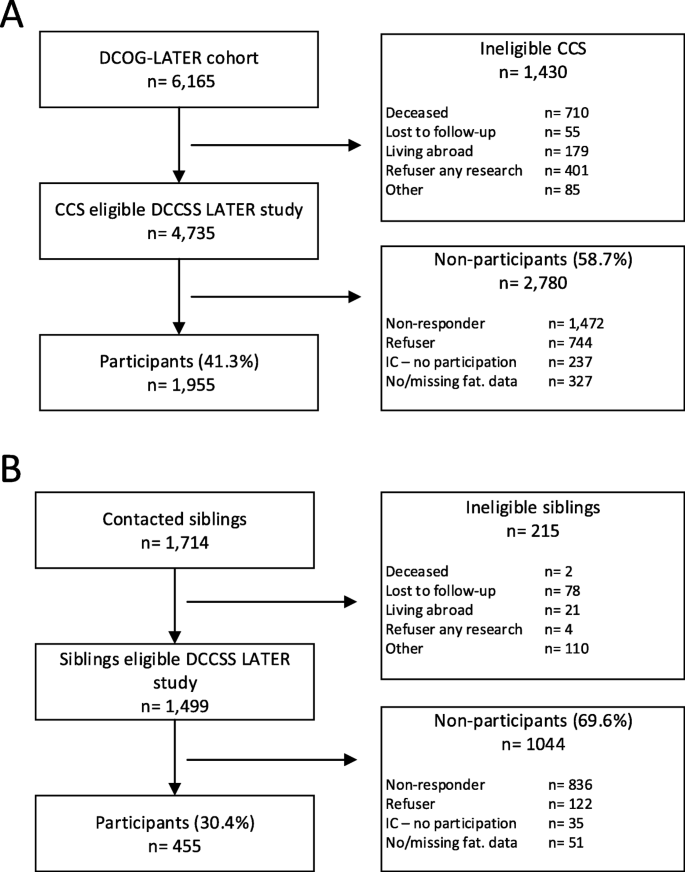
Background A debilitating late effect for childhood cancer survivors (CCS) is cancer-related fatigue (CRF). Little is known about the prevalence and risk factors of fatigue in this population. Here we describe the methodology of the Dutch Childhood Cancer Survivor Late Effect Study on fatigue (DCCSS LATER fatigue study). The aim of the DCCSS LATER fatigue study is to examine the prevalence of and factors associated with CRF, proposing a model which discerns predisposing, triggering, maintaining and moderating factors. Triggering factors are related to the cancer diagnosis and treatment during childhood and are thought to trigger fatigue symptoms. Maintaining factors are daily life- and psychosocial factors which may perpetuate fatigue once triggered. Moderating factors might influence the way fatigue symptoms express in individuals. Predisposing factors already existed before the diagnosis, such as genetic factors, and are thought to increase the vulnerability to develop fatigue. Methodology of the participant inclusion, data collection and planned analyses of the DCCSS LATER fatigue study are presented. Results Data of 1955 CCS and 455 siblings was collected. Analysis of the data is planned and we aim to start reporting the first results in 2022. Conclusion The DCCSS LATER fatigue study will provide information on the epidemiology of CRF and investigate the role of a broad range of associated factors in CCS. Insight in associated factors for fatigue in survivors experiencing severe and persistent fatigue may help identify individuals at risk for developing CRF and may aid in the development of interventions.

PDF) Evaluating cancer related fatigue during treatment according

PDF) Chronic fatigue in childhood cancer survivors is associated

Validation of the fatigue scale for motor and cognitive functions

PDF) Severe fatigue after treatment for childhood cancer

PDF) Reliability and Validity of Turkish Versions of the Child

Prevalence and 95% Confidence Intervals of severe and chronic

PDF) Methodology of the DCCSS later fatigue study: a model to

Methodology of the DCCSS later fatigue study: a model to

Fatigue in Healthy and Diseased Individuals - Josef Finsterer
Recomendado para você
-
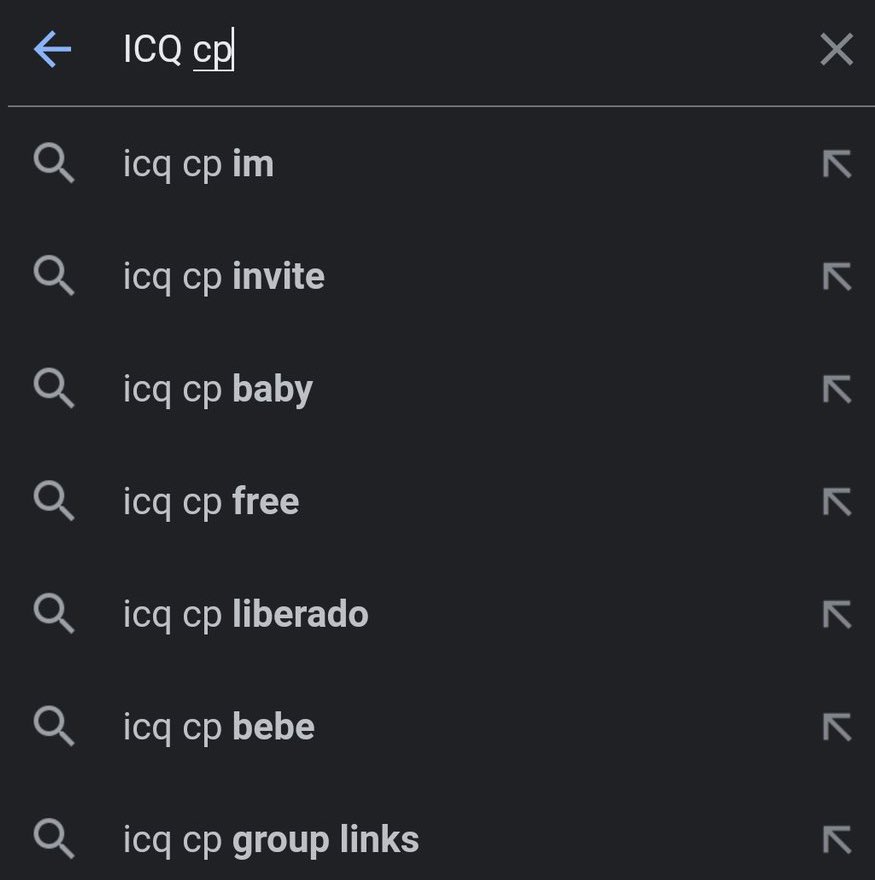 Thread by @MerDarte on Thread Reader App – Thread Reader App16 março 2025
Thread by @MerDarte on Thread Reader App – Thread Reader App16 março 2025 -
 ICQ – stay connected16 março 2025
ICQ – stay connected16 março 2025 -
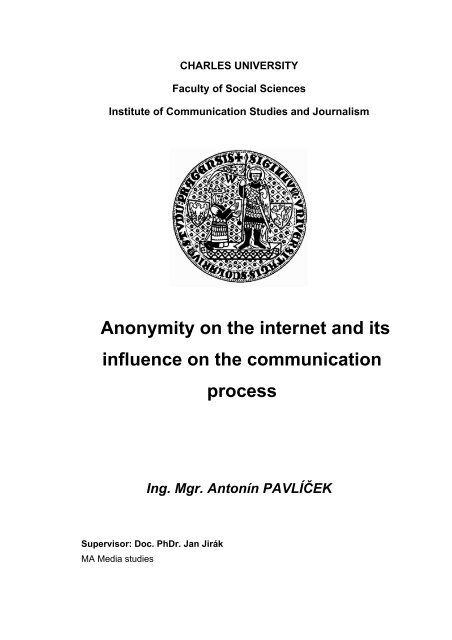 Anonymity on the internet and its influence on - Webhosting na VŠE16 março 2025
Anonymity on the internet and its influence on - Webhosting na VŠE16 março 2025 -
Public Records TFB UPL Investigation Marty Stone 20191041 (17A) McCalla Raymer Leibert Pierce, PDF, United States Postal Service16 março 2025
-
 Osceola news-gazette16 março 2025
Osceola news-gazette16 março 2025 -
 Crypto Skulls (Free NFT) #12003 - Crypto Skulls Fantasy16 março 2025
Crypto Skulls (Free NFT) #12003 - Crypto Skulls Fantasy16 março 2025 -
 The Early 2010s starter pack : r/starterpacks16 março 2025
The Early 2010s starter pack : r/starterpacks16 março 2025 -
 The Miami times.16 março 2025
The Miami times.16 março 2025 -
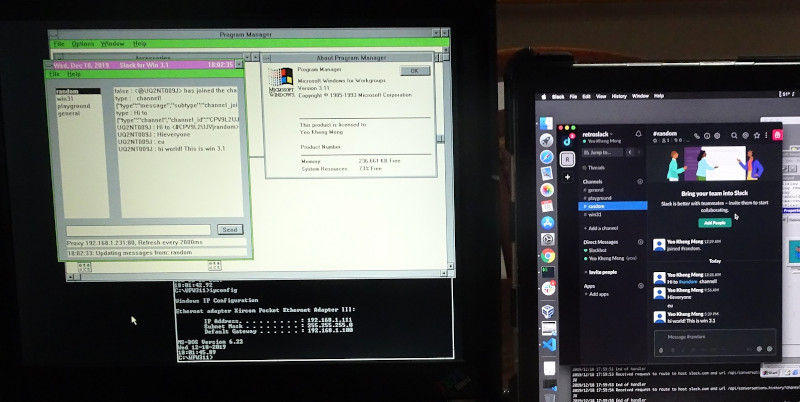 Slack, Now On Windows 3.116 março 2025
Slack, Now On Windows 3.116 março 2025 -
04 May 1918 - Classified Advertising - Trove16 março 2025
você pode gostar
-
 Pokemon go friend code Pokemon go, Pokemon, Pokemon go cheats16 março 2025
Pokemon go friend code Pokemon go, Pokemon, Pokemon go cheats16 março 2025 -
 Jogo de Chá Porcelana Azul - Donna Coisinha Decor16 março 2025
Jogo de Chá Porcelana Azul - Donna Coisinha Decor16 março 2025 -
Como aprender inglês como voluntária pela Worldpackers16 março 2025
-
 spider-mite, my spidersona :D : r/Spiderman16 março 2025
spider-mite, my spidersona :D : r/Spiderman16 março 2025 -
 SPC-3008 - SCP基金會16 março 2025
SPC-3008 - SCP基金會16 março 2025 -
 Oque você sabe sobre os filmes do sonic?16 março 2025
Oque você sabe sobre os filmes do sonic?16 março 2025 -
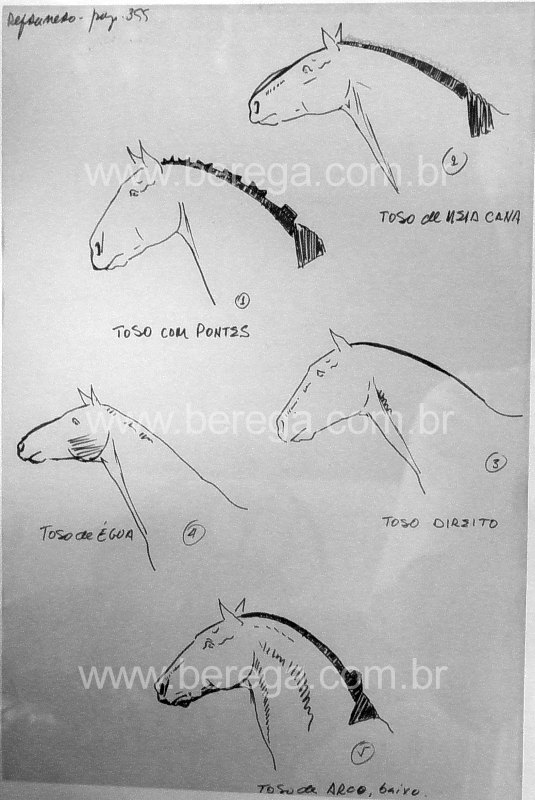 Berega Website Oficial - Obras - Desenhos e Esboços Gaúchos e Cavalos16 março 2025
Berega Website Oficial - Obras - Desenhos e Esboços Gaúchos e Cavalos16 março 2025 -
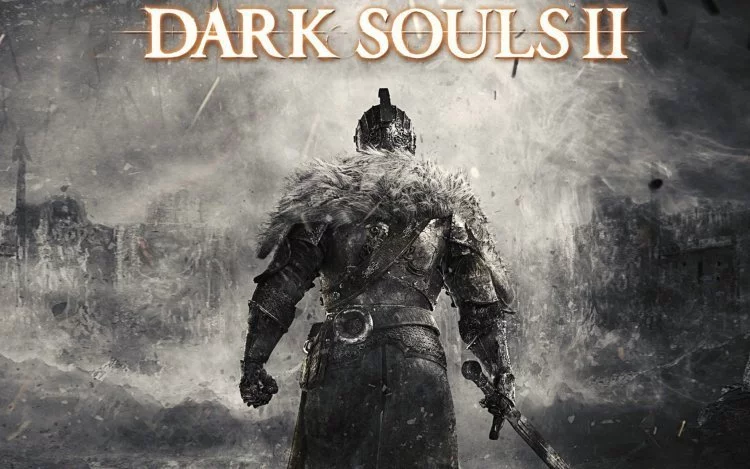 Review: Dark Souls II16 março 2025
Review: Dark Souls II16 março 2025 -
 Hello Guys! I made a naruto roleplay discord server, the lore is16 março 2025
Hello Guys! I made a naruto roleplay discord server, the lore is16 março 2025 -
 Madness Combat VS Battles+BreezeWiki16 março 2025
Madness Combat VS Battles+BreezeWiki16 março 2025
